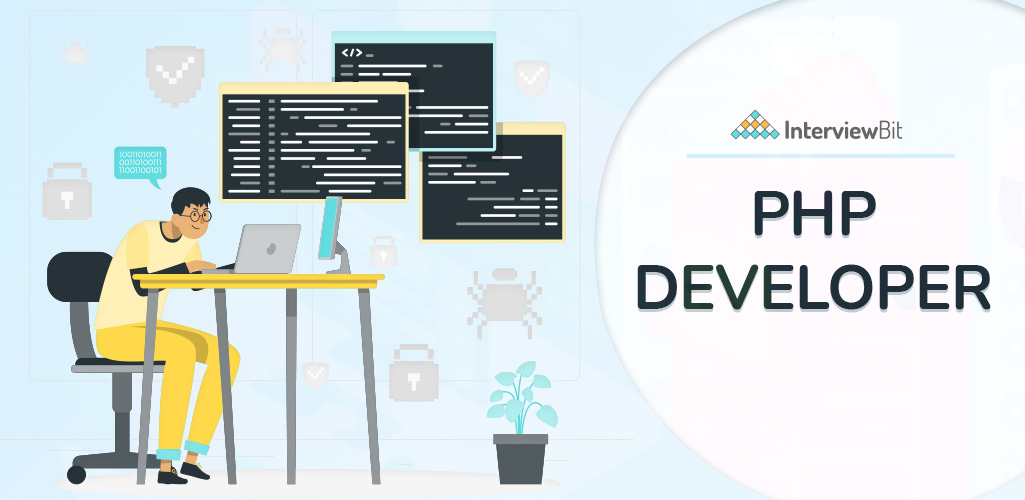News Blast
Stay updated with the latest happenings around the world.
PHP: Your New Best Friend in Web Development
Discover why PHP is the ultimate game-changer for web development and how it can revolutionize your coding journey today!
Understanding the Basics of PHP: A Beginner's Guide
PHP, which stands for Hypertext Preprocessor, is a widely-used open-source server-side scripting language that is especially suited for web development. It allows developers to create dynamic web pages that can interact with databases, handle form submissions, and manage sessions. To get started with PHP, you need a basic understanding of how it works and its role in the web development process. PHP can be embedded into HTML documents, making it easy to incorporate it into existing sites. To run PHP code, you generally need a server that has PHP installed, such as Apache or Nginx.
As a beginner, it's essential to familiarize yourself with the basic syntax and structure of PHP. Here are some key concepts to grasp:
- Variables: Used to store data that can be referenced and manipulated later.
- Control Structures: Including
if,else, andswitch, these allow you to implement logic in your code. - Functions: Blocks of code that perform specific tasks, which can be reused throughout your application.
- Arrays: Useful for storing multiple values in a single variable.
By mastering these fundamentals, you'll be well on your way to becoming proficient in PHP and developing dynamic, interactive websites.

10 Essential PHP Functions Every Developer Should Know
When it comes to PHP development, mastering certain functions can significantly enhance your efficiency and capability. Here are 10 essential PHP functions every developer should know:
- strlen() - This function is crucial for determining the length of a string, ensuring proper validation and formatting.
- array_push() - A handy tool for adding one or more elements to the end of an array, it simplifies list manipulations.
- strpos() - Use this function to find the position of the first occurrence of a substring in a string, which is vital for search operations.
- json_encode() - Perfect for converting PHP arrays into JSON format, making it easier to handle data exchange in web applications.
Additionally, understanding these functions can elevate your coding practices:
- implode() - This function allows developers to join array elements into a single string, using a specified delimiter.
- explode() - The opposite of implode, explode splits a string into an array based on a specified delimiter, making data parsing a breeze.
- isset() - A vital function for checking if a variable is set and not null, important for error handling and debugging.
- array_map() - This function applies a callback to each element of an array, facilitating data transformation.
- header() - Use this function to send raw HTTP headers, which can control caching and modification of data responses.
How PHP Powers the Modern Web: An Overview
PHP, or Hypertext Preprocessor, is a server-side scripting language that has become a cornerstone of modern web development. With its ability to interact with databases and generate dynamic content, PHP is widely used to create everything from simple blogs to complex web applications. Over 79% of all websites whose server-side language is known, utilize PHP due to its versatility and ease of use. This language supports a wide array of frameworks, such as Laravel and Symfony, which help developers streamline their coding process and build robust applications more efficiently.
One of the standout features of PHP is its compatibility with a range of databases, particularly MySQL. This integration allows for efficient data handling and retrieval, making it an ideal choice for e-commerce platforms and content management systems (CMS) like WordPress. Furthermore, PHP's vast ecosystem includes an abundance of libraries and tools that simplify tasks like user authentication, form validation, and API integration. As a result, it continues to be a preferred choice for developers looking to power the modern web with dynamic and interactive features.